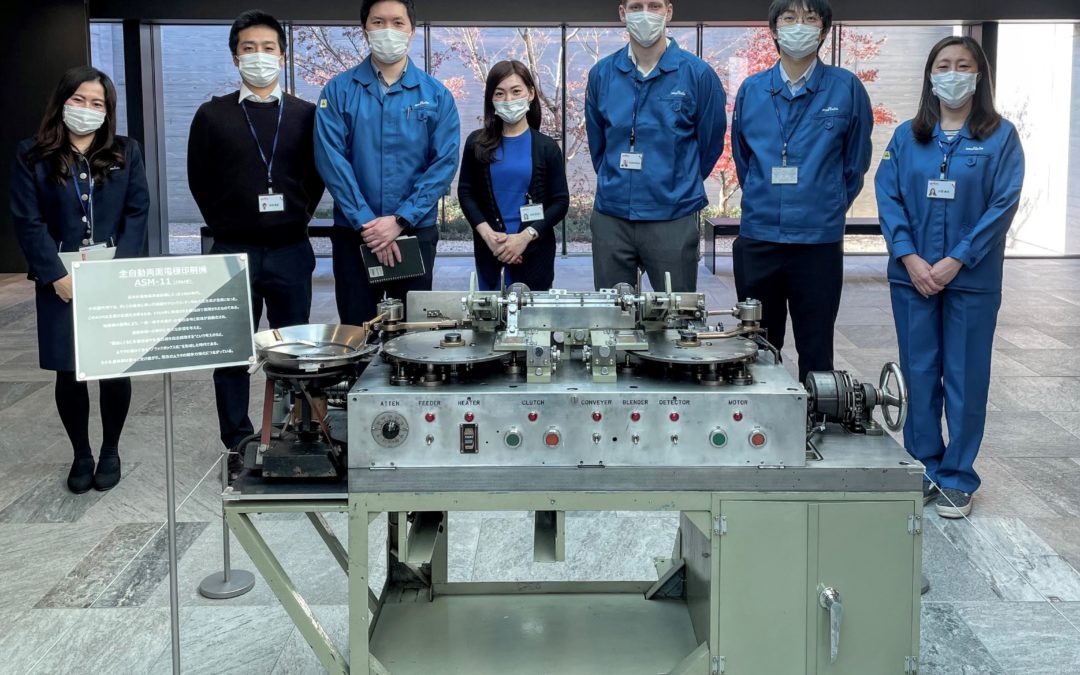When a Murata employee is sent to a secondment, there are at least two goals: an employee’s own development and expanding their own networks as well as achieving the important business goals set for the secondment. The cooperation is continuously increasing and developing professionals with extensive understanding of Murata, its business and its networks is critical to the future of our business. Recognizing the potential candidates for these demanding global duties with the help of these secondments is vital.
Naturally, secondments benefit the business also in the short term. Employees on their secondment often solve topical business challenges or develop the partnership and operations between the companies.
Before secondment, it is important to pay attention to creating realistic expectations, training the employees, and a careful selection process that measures the employees’ abilities of self-assessment. Of course, it can be claimed that these factors are always important in recruitment.
Preparing for secondment
There are different stages typical to secondments. First, the new environment usually seems attractive and interesting, and everything seems nice. Soon, usually in a few months’ time, the different ways of the new home country in everyday situations and challenges start to feel frustrating. When the one-year milestone is approaching, the person starts to adapt to the norms of their new environment and their sense of control grows. After the second year, the new home country will start to feel more comfortable, if not yet like a home. Understanding this and internalizing it before leaving for a secondment may in itself support a successful secondment.
People who have previously been in a secondment in the same country can be a big help. Dozens of Japanese have worked at Murata here in Finland. Those who came first have shared their significant challenges, but secondment in Finland has clearly been easier for Japanese employees who came later, as the first ones shared their learnings with them before and during their secondment. The same is now happening with employees leaving Finland for their secondment in Japan.
It is certain that obstacles will occur during a secondment. How the employee reacts to these obstacles may easily set the tone for the entire secondment and its success. Often, being active, open interactions and persistence are the key elements in solving a problematic situation. A secondment is a situation where one has to continuously communicate with people coming from different cultural backgrounds, and often this can feel like a walk on thin ice. This ice must be strengthened to allow for a true, successful social interaction. This means building bridges between the different cultures and supporting the relationships that emerge. One way of building bridges is to make the cultural differences visible to both parties. Open communication about one’s own behavioral models and the causes behind them is the key here.
Stretching is needed
A secondment challenges an employee both mentally and professionally. ‘Stretching’ employees is a term you hear often at Murata. I feel that it is a perfect word to describe the daily life of an employee in a secondment: you will need to stretch yourself both at the workplace and outside it.
If this is something you enjoy – or if you are at least ready for it in your daily life – the prerequisites for a successful secondment are there. Another important factor is that the potential family’s situation supports leaving for a secondment and the work there.
If going for a secondment is possible and if there are clear indicators that success is possible, you should at least consider the possibility in depth. Then, maybe you can embark on a path that is significant to the company’s future, beneficial to the employee’s career and unforgettable for the employee’s family.
Tuomas Nurmi,
Human Resources Development Manager
In a secondment in Murata HQ 2020-2021


Recent Comments